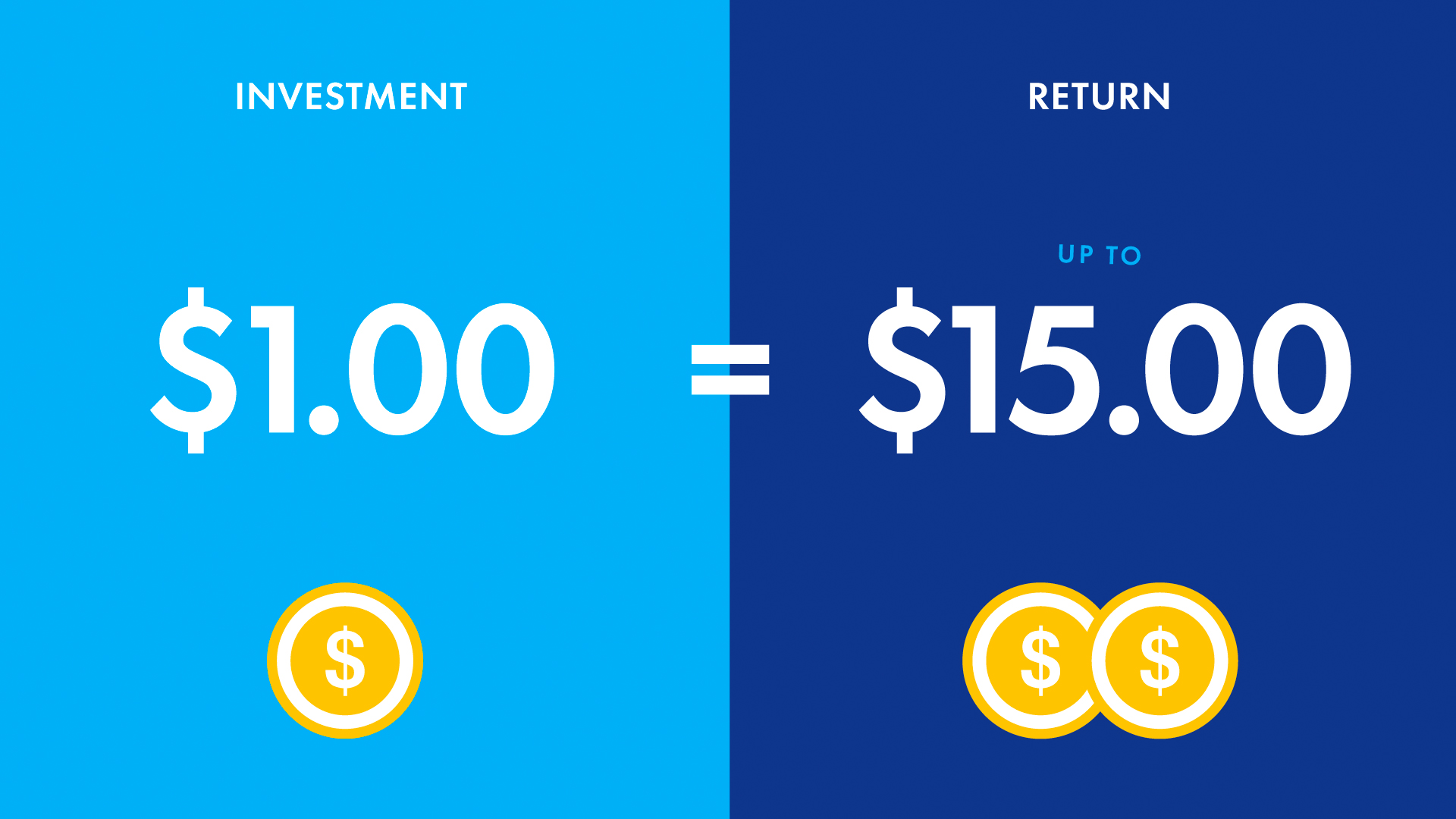Beyond happiness: What is the true cost of mental health on business?

Late in 2017, a report in the UK found that “300,000 people with long-term mental health problems lose their jobs each year,” costing the UK economy about £99 billion annually. This staggering hindrance to profitability is not, however, unique to the geography, nor exclusive to only the long-term impact of mental health problems.
Over in the US, employers lose US$225.8 billion each year to mental illness and substance abuse. And closer to home, new research by BeyondBlue reveals leaving mental health issues unaddressed is costing Australian workplaces an annual $10.9 billion.
With stress levels higher than ever, and almost half the workforce likely to experience mental health problems at some point in their lives, a deep dive into the true cost of mental health is urgently needed.
But it is important to note that these issues do not just include medicated illnesses or major breakdowns. Fatigue, lowered resilience and prolonged disengagement or trouble concentrating might sound a little less scary than diagnosed depression or psychological disorders, but they are fundamentally impacting the Australian economy. It is about time we implemented change.
Absenteeism and presenteeism pose core risks
The BeyondBlue report further notes that $4.7 billion of this estimated annual loss to Aussie companies is attributed to absenteeism. In fact, one in five Australian staff took time off for mental health reasons in the past year alone. And that is in workplaces that are considered to be mentally healthy. In those businesses without effective mental health strategies, absenteeism as a result of mental health is common for a staggering 46% of the workforce.
But it is not just absence that negatively impacts business performance. We often underestimate how much the effect of mental health in the workplace has on staff who do return to the office every day. Just because they are not taking sick leave does not mean that their performance has not been implicated. In fact, $6.1 billion is also lost to presenteeism (unproductive time at work) each year, with employees working unnecessarily long hours or getting significantly less done during the day.
To top it all off, a whopping $146 million is attributed to compensation claims every 12 months. With employees no longer taking a lack of support for an answer, it is time business leadership addressed workplace wellbeing as an urgent priority.
On the plus side, solutions are profitable
With the majority of employees (91%) citing mental health in the workplace as important, even more than physical safety (88%), it is in business interests to meet staff demands. With employee engagement, satisfaction and retention in the balance, the baton is handed to leadership and mental health strategies that truly support their staff.
Luckily, the benefits of good workplace wellbeing policies are proving to be financially and socially powerful: studies show that for every $1 invested in mental health, some Australian businesses have welcomed up to $15 in return.

With tailored mental health training, your business could start benefiting from this ROI, as well as:
- Increased productivity
- Enhanced motivation, empowerment and engagement
- Reduced absenteeism, presenteeism and mental health claims
- Better mental health across the community (even at home)
Premium Health offers mental health training including mental health awareness and effective conversations and Mental Health First Aid at your workplace and public venues across Australia. Empower your workforce by registering your interest in a mental health course today, or find out more about why you should be investing in mental health training for your business.
